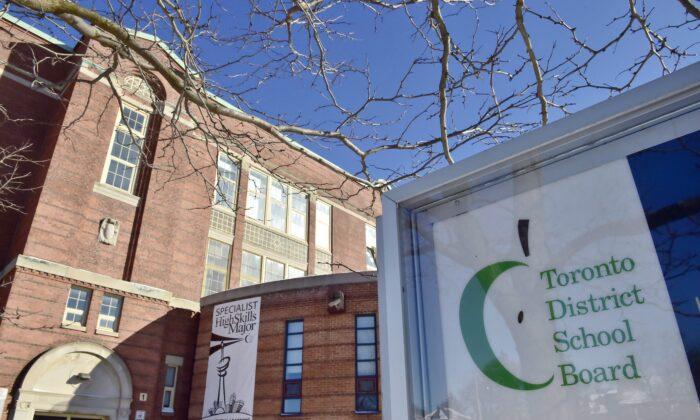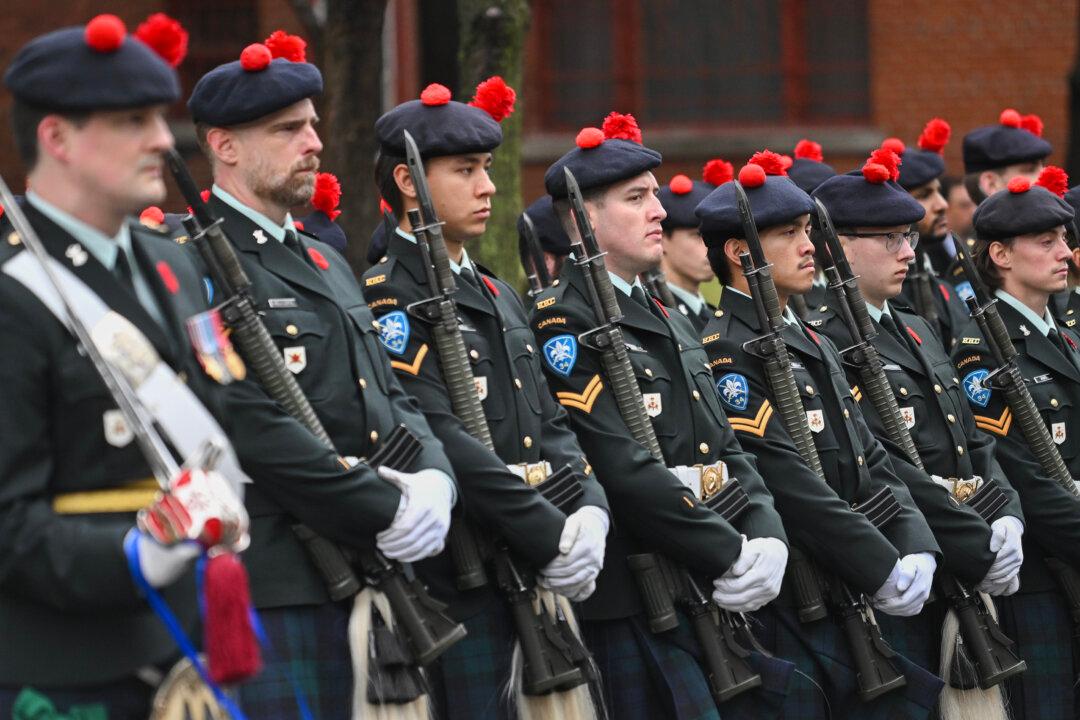Public Safety Minister Bill Blair announced Wednesday the addition of 13 entities to the list of terrorist organizations identified under the Criminal Code, including the Proud Boys.
Blair said that the list was produced in a “neutral and expert” process that is based on “evidence, intelligence, and the law.”
“This is not about politics, it’s not about infringing upon the freedom of belief, association, and freedom of speech,” Blair said. “It is about controlling violent activities ideologically motivated violent extremism.”
- Ideologically motivated violent extremism (IMVE) organizations: Atomwaffen Division, Proud Boys, Russian Imperial Movement, and The Base.
- ISIS terror group affiliates: Bangladesh; East Asia; the Greater Sahara; Libya; and the West Africa Province.
- Al-Qaeda terror group affiliates: Jama’at Nusrat Al-Islam Wal-Muslimin, Front de Libération du Macina, and Ansar Dine
- International terrorist group: Hizbul Mujahideen
“Public Safety and National Security officials use a full sweep of measures to protect our country and to keep Canadians safe from any threat, including the threat posed by terrorist and ideologically motivated violent extremism,” Blair said, adding that the measures will allow Canada to surveil, investigate, gather intelligence, share the information lawfully, and make ongoing threat assessments.

Concerns Over Listing of Proud Boys
On Jan. 26, the House of Commons unanimously passed a motion designating the Proud Boys as a terrorist entity, a move which some security experts say could severely impact the freedom of Canadians.Blair said that Canadian security agencies have monitored the Proud Boys since 2018 and have collected a body of evidence that the group is involved in escalating violence.
With these 13 new additions, there are now 73 terrorist entities listed under the Canadian Criminal Code.





